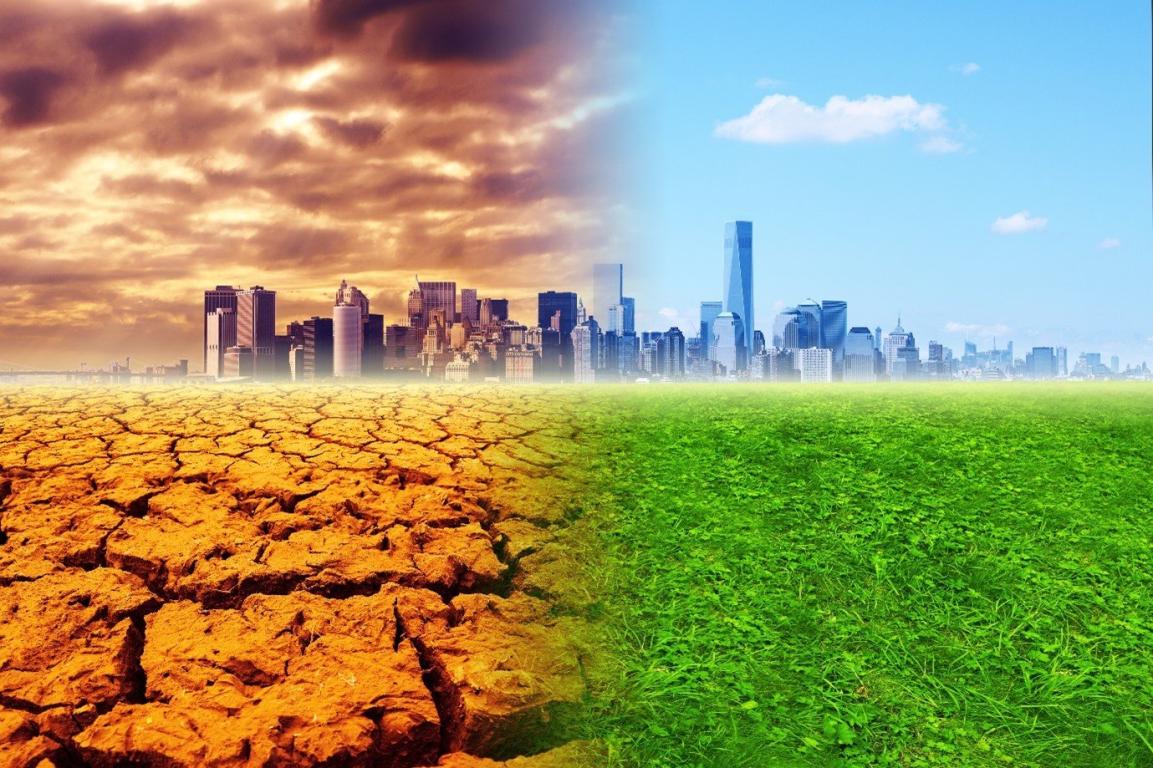How Can Satellite Data Help Us Understand Climate Change?
Climate change is one of the most pressing environmental issues facing our planet today. Understanding the causes and impacts of climate change is essential for developing effective strategies to mitigate its effects. Satellite data plays a crucial role in providing valuable insights into various aspects of climate change, enabling scientists and policymakers to make informed decisions.

Satellite Data Collection And Types
Satellites equipped with advanced sensors collect vast amounts of data about the Earth's climate system. These data are collected using various remote sensing techniques, including:
- Optical data: Visible and infrared sensors measure reflected sunlight to provide information about land surface temperature, vegetation cover, and cloud properties.
- Thermal data: Heat radiation emitted by the Earth's surface and atmosphere is measured to derive information about surface temperature, sea surface temperature, and energy fluxes.
- Radar data: Microwaves emitted by radar sensors can penetrate clouds and vegetation, providing information about precipitation, soil moisture, and ice cover.
- Lidar data: Laser pulses emitted by lidar sensors measure the distance between the satellite and the Earth's surface, providing information about topography, vegetation height, and aerosol distribution.
Applications Of Satellite Data In Climate Change Research
Satellite data is used in numerous applications related to climate change research, including:
- Monitoring global temperatures and sea-level rise: Satellite-based measurements of sea surface temperatures and sea-level changes provide crucial information for understanding the impacts of climate change on oceans.
- Tracking changes in ice cover and glaciers: Satellite images and elevation data help monitor the extent and thickness of sea ice and glaciers, providing insights into the melting rates and their contribution to sea-level rise.
- Observing changes in vegetation and land cover: Satellite-derived data on land surface temperature, vegetation indices, and deforestation rates help assess the impacts of climate change on ecosystems and carbon cycling.
Satellite Data For Climate Modeling And Prediction
Satellite data is also essential for climate modeling and prediction. It is used to:
- Initialize and validate climate models: Satellite data provides initial conditions for climate models and helps evaluate the accuracy of model simulations.
- Improve climate model simulations: Satellite-derived data sets are used to improve the representation of various processes in climate models, leading to more accurate simulations.
- Evaluate climate model projections: Satellite observations are used to evaluate the performance of climate models and assess the reliability of their projections.
Challenges And Limitations Of Satellite Data

While satellite data is a valuable resource for climate change research, it also has certain challenges and limitations:
- Incomplete coverage and temporal resolution: Satellite data may not provide complete global coverage or may have limited temporal resolution, which can affect the accuracy and completeness of the derived information.
- Calibration and validation: Satellite data require careful calibration and validation to ensure accuracy and consistency. This process can be complex and time-consuming.
- Data gaps and uncertainties: Satellite data can be affected by various factors such as cloud cover, atmospheric conditions, and instrument errors, leading to data gaps and uncertainties.
Satellite data plays a vital role in understanding climate change and its impacts on various aspects of the Earth's climate system. The data collected by satellites provide valuable information for monitoring climate variables, tracking changes over time, and improving climate models. Despite the challenges and limitations, satellite data remains an essential tool for climate change research and policymaking. Continued investment in satellite missions and data analysis efforts is crucial for advancing our understanding of climate change and developing effective strategies to address its impacts.

YesNo

Leave a Reply